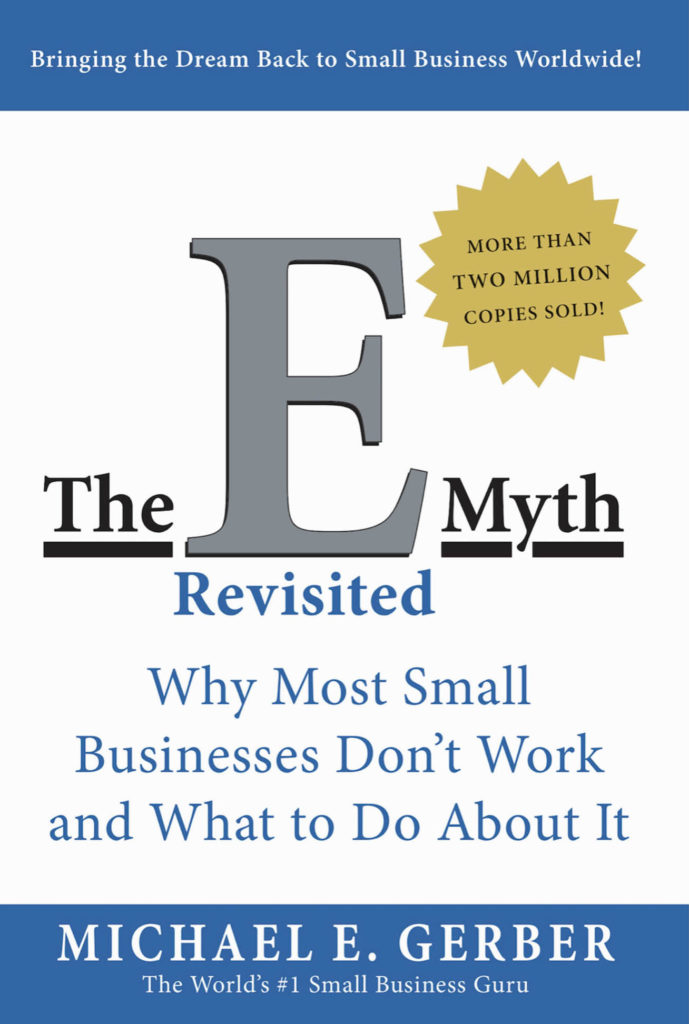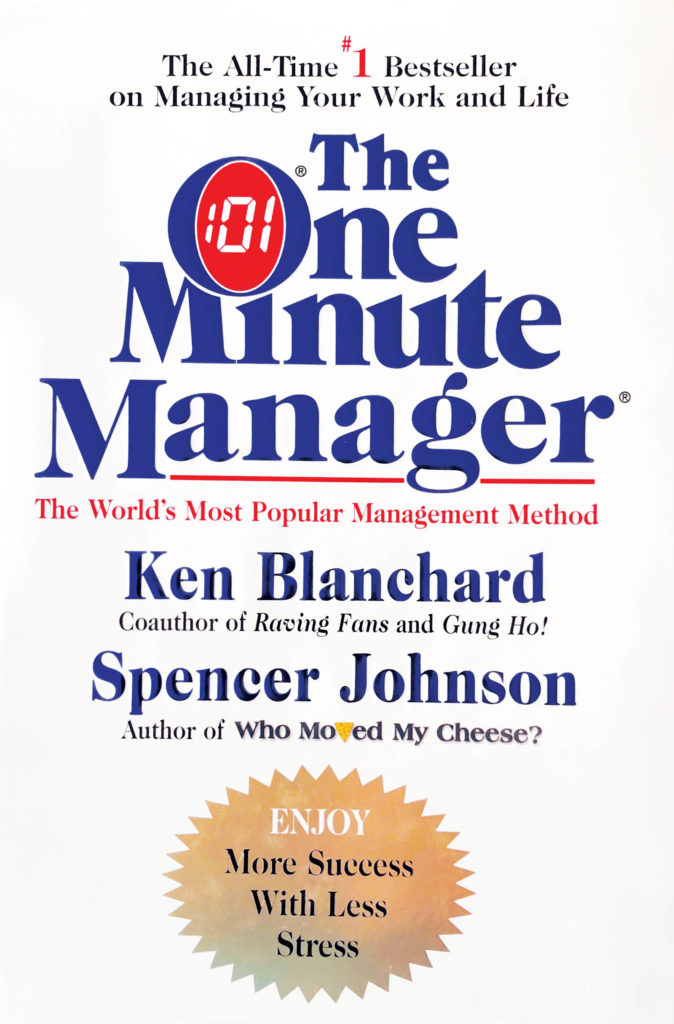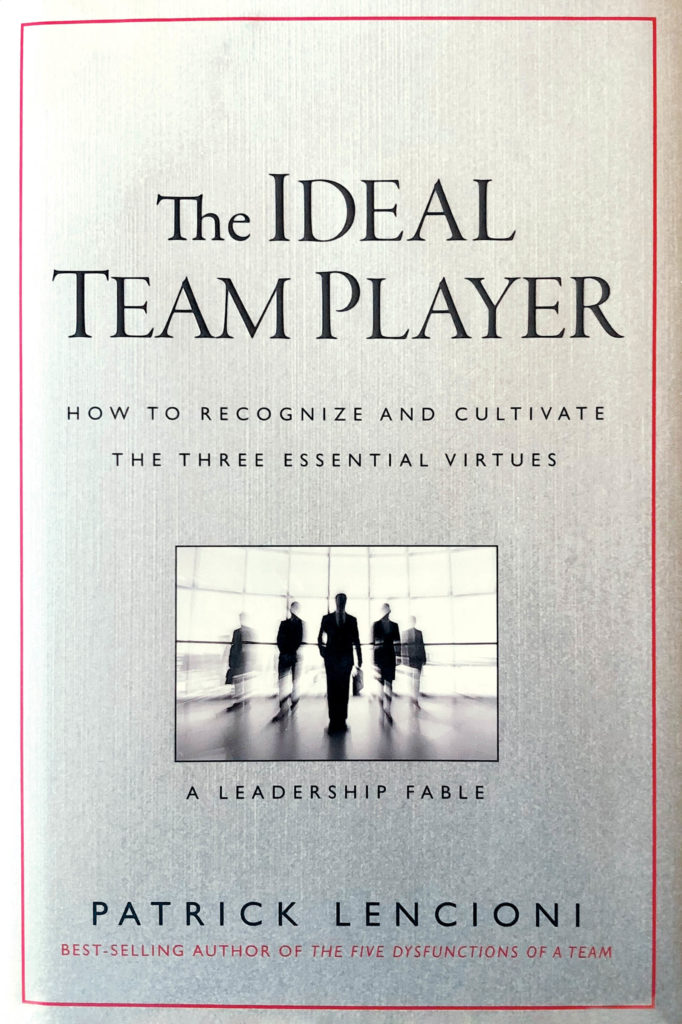Education is a valuable asset when it comes to success in life and business. Going to college is the standard road map many people use to get an education that helps them succeed, but I never really enjoyed the classroom. I wanted to get out and get busy. I did better with hands-on learning, either by myself or having a mentor working alongside me and teaching me a process.
I worked in the marine canvas industry as an employee for 18 years alongside a great mentor. This style of learning allowed me to pick up the trade very quickly. It also helped me understand the benefit of education from a different angle. I realized that I could educate myself outside of the classroom, and I began to read articles in Marine Fabricator magazine even though I wasn’t an Industrial Fabrics Association International member yet.
I already knew how valuable “self-education” was, but I began to understand that there were many paths that could lead me to a better educated self. Books became my road map to success. In this article, I will share four of the books that have helped me become a better human and a better business owner.
The E Myth: Why Most Businesses Don’t Work and What to Do About It | by Michael E. Gerber
After I spent 18 years working for one company, that business changed hands and spiraled downward quickly. This failure was my opportunity to start a business of my own. I knew I needed more education if I was going to transition from employee to business owner. A good friend and mentor with a lot of business experience as a production floor manager and an HR director encouraged me to read The E Myth.
Before starting my own business, I felt it was important to understand why so many businesses fail. I had learned many things from past employers, and I had been keeping a mental list of what not to do. However, this book discusses many things that can’t be seen from the outside. The book begins by discussing the fact that many employees think it is simple to run a successful business. They believe the boss is making all the money. I had these same thoughts when I was an employee.
The book describes a common experience among many employees who want to become business owners, something the author calls the “entrepreneurial seizure.” This is the moment most people realize they have no clue about what running a business is truly about. The book gives a realistic overview of how difficult it is to start and grow a business. It talks about the pros and cons and how to grow your business in an appropriate manner. It breaks down each stage of business growth from the infant stage into the adolescent stage on through the mature entrepreneurial stage.
After laying out the steps of growth in a business’ life cycle, it goes on to help you build a business that will sustain and be marketable into the future. This takes a lot of planning and work while creating a business plan that creates value in the marketplace. All in all, this book is a masterpiece if you want to understand how to grow and sustain a business.
Up Your Business: 7 Steps to Fix, Build or Stretch Your Organization | by Dave Anderson
A second book that helped me grow and plan for the future was Up Your Business. This book will help you understand the assets of your business, how to create the proper company culture and how to survive the ups and downs of running a successful business.
One of the book’s core lessons is that the most important asset of any business is its people. It shows you how to determine who comes and goes in your business and how to develop those who are working for you. Training, coaching and retaining is a crucial part of a successful business. This book also speaks to overcoming the obstacles of success as well as lessons for long-term business and employee development. I consider this a must-read for anyone wanting to grow a business.
The One Minute Manager | by Ken Blanchard and Spencer Johnson
After learning the importance of coaching and leading, I turned to The One Minute Manager. This book helped me understand the importance of leading people by helping them make effective decisions that stick. The book discusses techniques that enable you to help people feel good about themselves while getting great results. I like the authors’ idea that 80 percent of your really important results come from 20 percent of your goals. Goal setting is important!
A great takeaway from this book is understanding that the best way to help people learn is by having them figure things out for themselves. This doesn’t mean you don’t help. It means helping by asking questions that will lead your employees to finding the answers on their own. Most people already know what has to be done. Effective leadership means allowing your people to solve their own problems by coming up with solutions and holding them accountable for what they have already solved.
Although this book is a quick read, it is jam-packed with short, excellent lessons about leadership and management.
The Ideal Team Player: How to Recognize and Cultivate the Three Essential Virtues | by Patrick Lencioni
The Ideal Team Player is based on the idea that certain people are the right fit for your business if they have certain character traits. The author presents different workplace scenarios, explains various dysfunctions that arise in the workplace and discusses how to solve them. As you make your way through the book, you begin to understand the virtues that are needed in your own team members. You also discover which of your team members don’t fit your company’s culture and why.
The book helps you recognize who the ideal team player is. Generally speaking, it’s a person with whom you can build trust, engage in healthy conflict and make a real commitment to. The book also discusses how to effectively hold people accountable while focusing on team results. The author discusses three essential virtues—being humble, hungry and smart—and explains how these everyday qualities can yield a great deal of power when you understand how they play out in the work environment. This book is definitely worth reading, and it can help you avoid hiring the wrong team player.
My road to learning has been like a treasure map that has led me to valuable mentors. Many of these are book authors who have taught me skills, given me the benefit of their experiences and shared effective ways to win. So, go on and pick up a good book. Continue along your path of growing yourself and your business by continually learning and being challenged.
Chris Ritsema is the owner and operator of Canvas Innovations in Holland, Mich. He started his career in 1986 working for a third-generation auto and marine trim shop. After 18 years with that company, Chris opened his own shop. Canvas Innovations has grown to 10 employees and continues to evolve through technology and innovations.
 TEXTILES.ORG
TEXTILES.ORG






